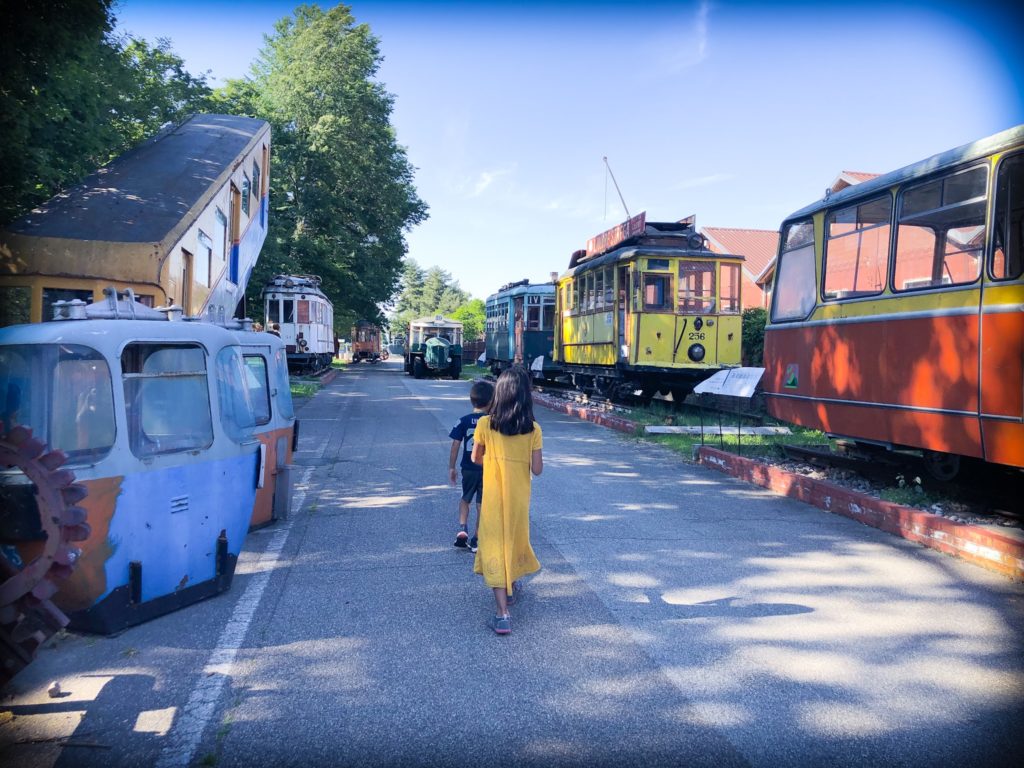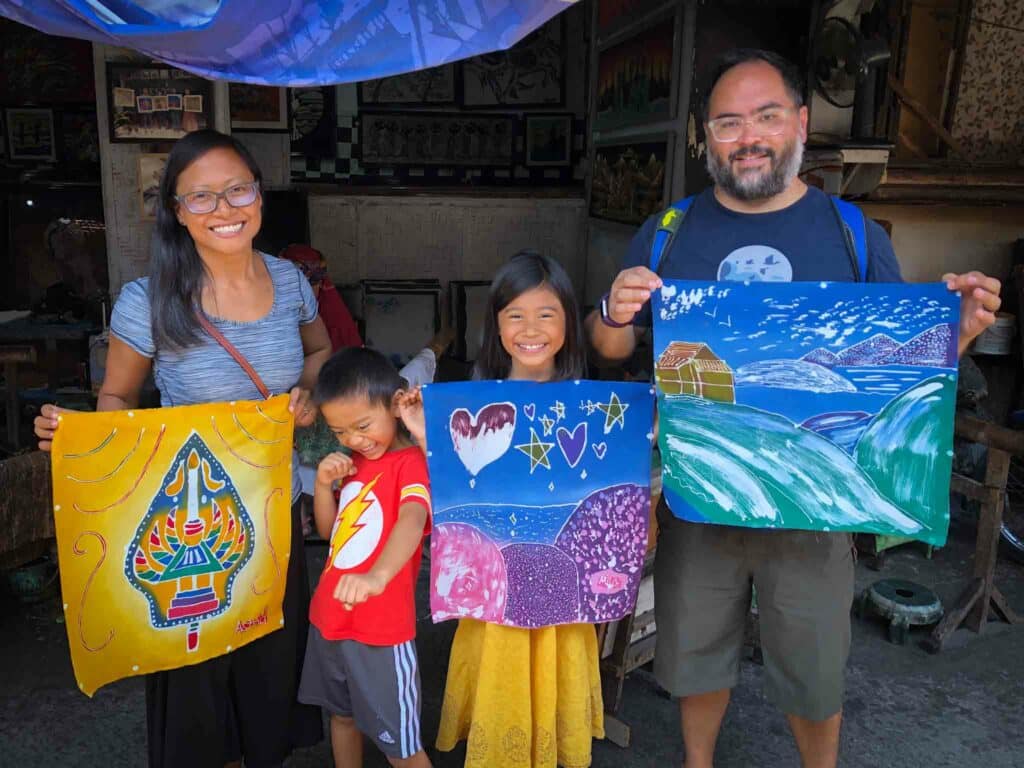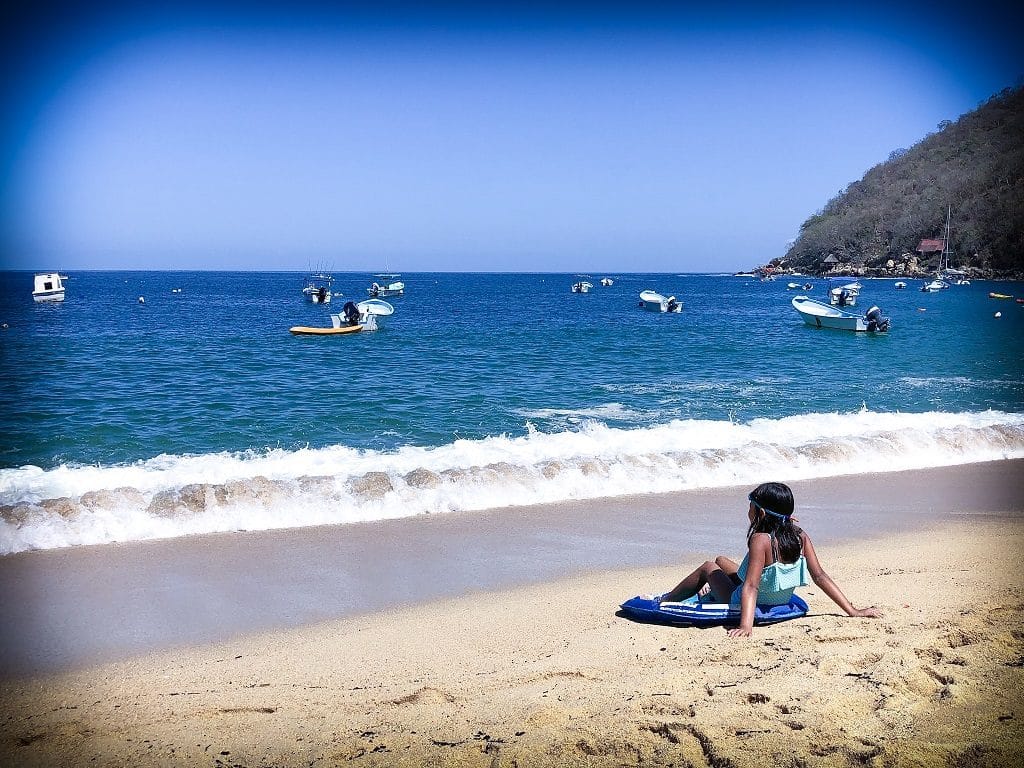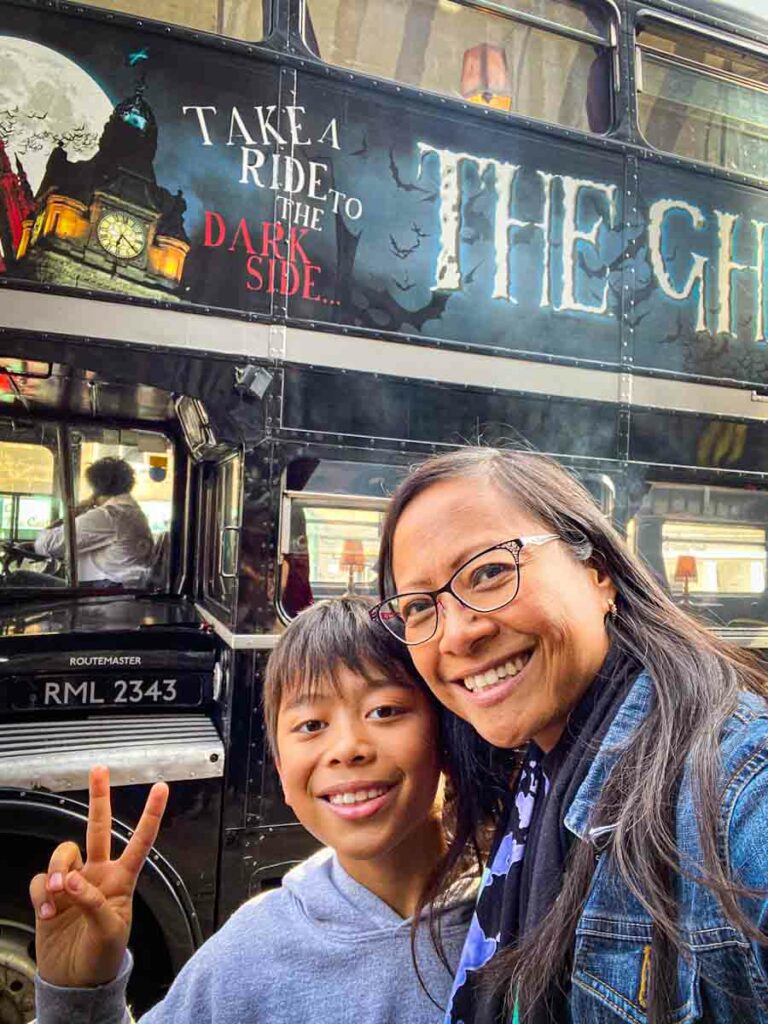Episode 9: How Do I Budget for Worldschooling?

In this episode of Worldschooling Q&A, Astrid and Clint dive into a commonly asked worldschooling question: how do I budget for worldschooling?
Worldschooling Q&A – Episode 9
Hosts: Astrid & Clint, creators of The Wandering Daughter
Title: Episode 9: How Do I Budget for a Worldschooling Trip?
Episode Summary
In this episode of Worldschooling Q&A, Astrid and Clint tackle one of the most practical (and often misunderstood) topics in family travel: how to budget for worldschooling.
They dive into what it really takes to plan a sustainable travel lifestyle, from understanding your family’s core values to deciding what comforts matter most. You’ll hear how their choices as a remote-working family shape their spending, and why it’s okay to budget for both frugal moments and intentional splurges.
Along the way, they unpack the idea of “budget shaming” in the travel community, discuss how transparency helps families make realistic plans, and walk through common line items like lodging, transportation, food, insurance, and medical costs. They also explain how slow and deep travel can dramatically cut expenses—and increase connection.
If you’ve ever wondered how to create a travel budget that fits your family’s values and goals, this episode is for you.
Incorporating your values into your budget for worldschooling
Understanding your family's values help you understand how your priorities shape your costs. This can set the foundation for how you budget for worldschooling in a way that actually supports your family’s learning and well-being.
Clarifying what matters most
Every family moves through travel differently, and that plays a big part in how you budget for worldschooling. Some of us feel energized eating at local restaurants and joining cultural activities. Others feel centered cooking simple meals at home or spending long afternoons at parks. Pay attention to what helps your family feel grounded. It will make it easier to plan a budget that feels realistic rather than restrictive.
Balancing comfort and practicality
Your comfort level also shapes the way you budget for worldschooling. For our family, for example, reliable WiFi is non-negotiable because we work on the road. That means we can’t rely on off-grid stays for long stretches, even though they sound exciting. You might have different needs. Honoring those needs helps you budget for worldschooling in a way that keeps travel enjoyable rather than stressful.
Honoring your own travel style
Families learn in different ways. Some feel most engaged when they join hands-on workshops or guided cultural tours. Others learn through quiet wandering or noticing small everyday moments. These rhythms naturally influence how you budget for worldschooling, because they determine where your money goes. There’s no single “right” approach. What matters is that your choices support curiosity and connection.
Essential line items to consider when you budget for worldschooling
These are the costs we’ve seen come up again and again. Knowing them ahead of time helps you budget for worldschooling with a bit more confidence.

Lodging, food, and daily living expenses
Lodging is often one of the biggest parts of how you budget for worldschooling. Families who move quickly usually pay more per night, while longer stays often come with monthly discounts. Food can also vary a lot. Eating out can be a meaningful way to learn about a place. Cooking at home can give your kids a sense of routine. Your budget for worldschooling should reflect whichever habits keep your family feeling steady.
Transportation and regional travel
Transportation plays a big role in how you budget for worldschooling. Day-to-day transit adds up, and long-distance transportation adds up even more. When we slow down and stay in one region for a while, our transportation costs naturally drop. That shift makes it easier to budget for worldschooling in a way that feels sustainable over the long term.
Household supplies and small essentials
This is one area that often catches families by surprise. When you’re somewhere for more than a few weeks, you may need to buy things like shampoo, laundry soap, or even a step stool if you have younger kids. We’ve also bought basic kitchen tools in places where the apartment supplies were sparse. These small, practical items deserve a place in your budget for worldschooling because they help keep daily life running smoothly.
Additional considerations that shape how you budget for worldschooling
These factors vary from family to family, but they play a meaningful role in long-term planning.

Travel insurance and medical care
Even though medical care outside the United States is often more affordable, it’s still important to prepare for emergencies. Including insurance in your budget for worldschooling offers reassurance if you ever need evacuation or specialized care. Having this in place allows you to focus on learning and connection rather than worrying about “what if” scenarios.
Slow travel and deeper connections
Slow travel often changes the way you budget for worldschooling. When you stay in one place longer, transportation costs drop and lodging becomes more affordable. But beyond the financial benefits, slow travel also supports deeper learning. It gives kids time to notice rhythms of daily life, to connect with neighbors, and to build a stronger sense of place. Those experiences are part of why many families choose slow travel when they budget for worldschooling.
Tools that support planning
Some families enjoy using budgeting worksheets or digital planners to organize their numbers. Having tools like these can make it easier to budget for worldschooling in a way that supports both flexibility and structure. Planning doesn’t have to feel rigid. It can simply give you space to be present with your kids while you travel.
Building a budget for worldschooling that reflects your family
Your budget, like all other aspects of your travels, should reflect what's important for your family. At the end of the day, you're the one experiencing the travel, no one else. So make sure you're spending your money on the things that matter most to you.

Trusting your lived experiences
A meaningful budget for worldschooling grows from knowing your family’s rhythms and needs. Other families’ numbers can be helpful for reference, but ultimately your own experiences will guide you toward what works best. Over time, you’ll learn where to save, where to spend, and what truly supports your family’s learning.
Staying adaptable
Your budget for worldschooling will change as your kids grow and as your family’s needs shift. That adaptability is part of the journey. Giving yourself room to adjust helps keep travel joyful rather than overwhelming.
Rooting your choices in connection
Every part of your budget for worldschooling ultimately leads back to connection. Simple meals cooked together. Quiet afternoons in a local park. Workshops that spark new conversations. These moments shape how your kids understand the world and their place in it. As you budget for worldschooling, let those moments guide your decisions. They are the heart of why families choose to learn this way.
Submit your worldschooling questions here!
Episode guide
Why Values Shape Your Budget for Worldschooling
- Needs like remote work or reliable WiFi can guide lodging choices and overall budgeting.
- Your family’s preferences influence how much you spend, whether you enjoy activities, eating out, or simple park days.
- Travel style affects costs. Families who prioritize cultural experiences may budget differently than families who prefer quieter routines.
The Importance of Budget Transparency
- Not all families share specific details, so seek those who offer context when discussing costs.
- Astrid and Clint share openly about what they spend and how they travel, which helps other families understand real-world numbers.
Core Budget Categories
- Major categories include lodging, food, transportation, insurance, and activities.
- Transportation across regions (air, train, etc.) is its own line item beyond daily movement.
- Activities vary widely, from free park visits to paid workshops or tours.
Planning for Everyday Essentials
- Long stays often require buying household supplies like soap, shampoo, vitamins, or laundry detergent.
- Families may need to purchase kid-friendly items like step stools when rentals are not child-ready.
- Apartment kitchens may lack basic tools, leading families to buy items like pans, knives, or spatulas.
Medical Costs and Travel Insurance
- Travel insurance is important for emergencies or evacuation needs, especially for long-term travel.
- Medical care outside the U.S. often requires paying upfront, even in countries with strong healthcare systems.
The Role of Slow Travel in Budget Planning
- A longer stay allows deeper exploration of one region, supporting meaningful learning experiences.
- Staying in one place for a month or more can significantly reduce lodging costs through monthly discounts.
- Slow travel lowers transportation expenses by reducing the number of long-distance moves.
Helpful Budgeting Tools and Resources
- Astrid offers a travel budget worksheet for families who like tactile planning tools.
- Additional guidance on long-term travel budgets appears in her book, Hey Kids, Let’s Go Travel!.

Chapters
00:00:00 – Introduction
00:01:02 – Today’s Question: How do I budget for a worldschooling trip?
00:01:46 – Aligning your travel budget with family values
00:02:14 – Balancing comfort, work needs, and travel style
00:03:22 – Budget shaming and embracing different spending choices
00:08:09 – Transparency and sharing real travel costs
00:08:40 – Core budget categories: lodging, food, transport, and insurance
00:10:33 – Miscellaneous expenses and family travel surprises
00:12:48 – The role of slow and deep travel in saving money
00:14:18 – Tools, resources, and Astrid’s budgeting worksheet

Further worldschooling resources
- Affordable World Travel With Kids: 7 Useful Family Travel Budget Tips
- How To Budget For Family Holidays Overseas
- Budgeting For A Road Trip In The U.S.
- Indonesia Trip Cost for a Family: 1 Month in Indonesia Budget
- What It Costs A Family To Live For One Month In Mexico
Support the podcast
- Join The Wandering Daughter on Patreon for episode transcripts, extra resources, and live office hours with Astrid and Clint.
- Follow and subscribe on Spotify, Apple Podcasts, and YouTube.
- Leave a five-star review to help others discover the podcast.
- Submit your worldschooling questions to our podcast page.





